The Origins of Chinese Tea
Chinese tea has a storied history that dates back thousands of years. It is believed to have originated during the Shang Dynasty, where the leaves were first discovered for their medicinal properties. Over time, tea evolved into a cultural symbol and a beverage enjoyed by emperors, scholars, and the general populace.
The Art of Tea Cultivation
Tea cultivation in China requires meticulous care and attention to detail. From selecting the ideal tea-growing regions to nurturing the plants, tea farmers employ age-old techniques that ensure optimal conditions for tea leaves to flourish. The terroir, climate, and altitude all play crucial roles in shaping the unique characteristics of Chinese tea varieties.
Harvesting and Processing Techniques
The timing of tea leaf harvesting is critical, as it directly impacts the flavor and quality of the final product. Expert tea pickers skillfully pluck the tender leaves, often focusing on the bud and first few leaves. The processing techniques employed vary depending on the type of tea being produced, such as green tea, black tea, oolong tea, or pu-erh tea. These techniques may involve withering, rolling, oxidation, firing, and aging, each step contributing to the distinct qualities of the tea.
Tea Ware and Ceremonies
Chinese tea culture is inseparable from the intricate tea ware and ceremonies associated with it. From the elegant Yixing clay teapots to the delicate tea cups, these vessels are meticulously crafted and chosen to enhance the tea-drinking experience. Tea ceremonies, such as the Gongfu Cha and the Matcha tea ceremony, embody the essence of mindfulness, respect, and harmony, allowing participants to fully appreciate the flavors and aesthetics of Chinese tea.
Cultural Significance and Health Benefits
Beyond its exquisite flavors, Chinese tea holds deep cultural significance. It has been a source of inspiration for poets, artists, and philosophers throughout history. Moreover, Chinese tea is celebrated for its numerous health benefits, ranging from antioxidants and hydration to stress reduction and digestive aid. Its holistic approach to well-being has garnered attention and appreciation from tea enthusiasts worldwide.
The traditional Chinese tea production techniques are a testament to the rich heritage and artistry that define Chinese tea culture. From the meticulous cultivation and processing methods to the intricate tea ceremonies, every aspect of tea production reflects the reverence and mastery passed down through generations. As we savor a cup of Chinese tea, we partake in a timeless tradition that unites us with the profound wisdom and elegance of Chinese culture.

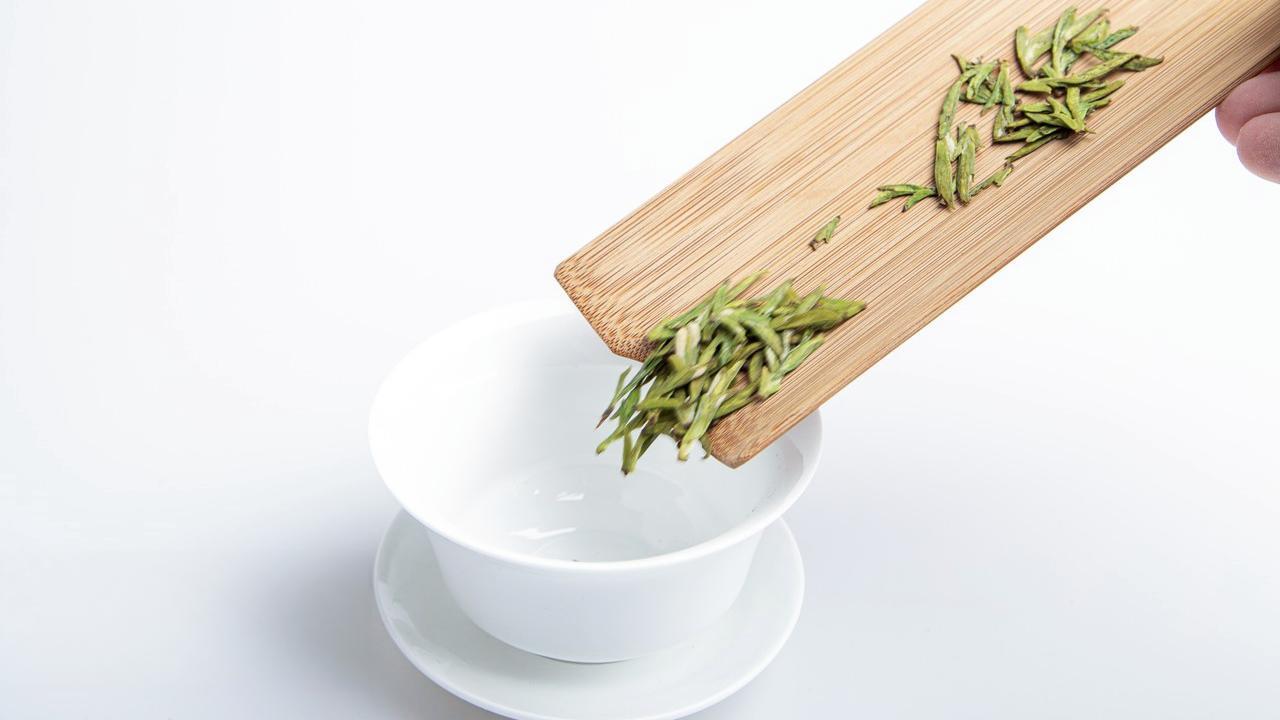
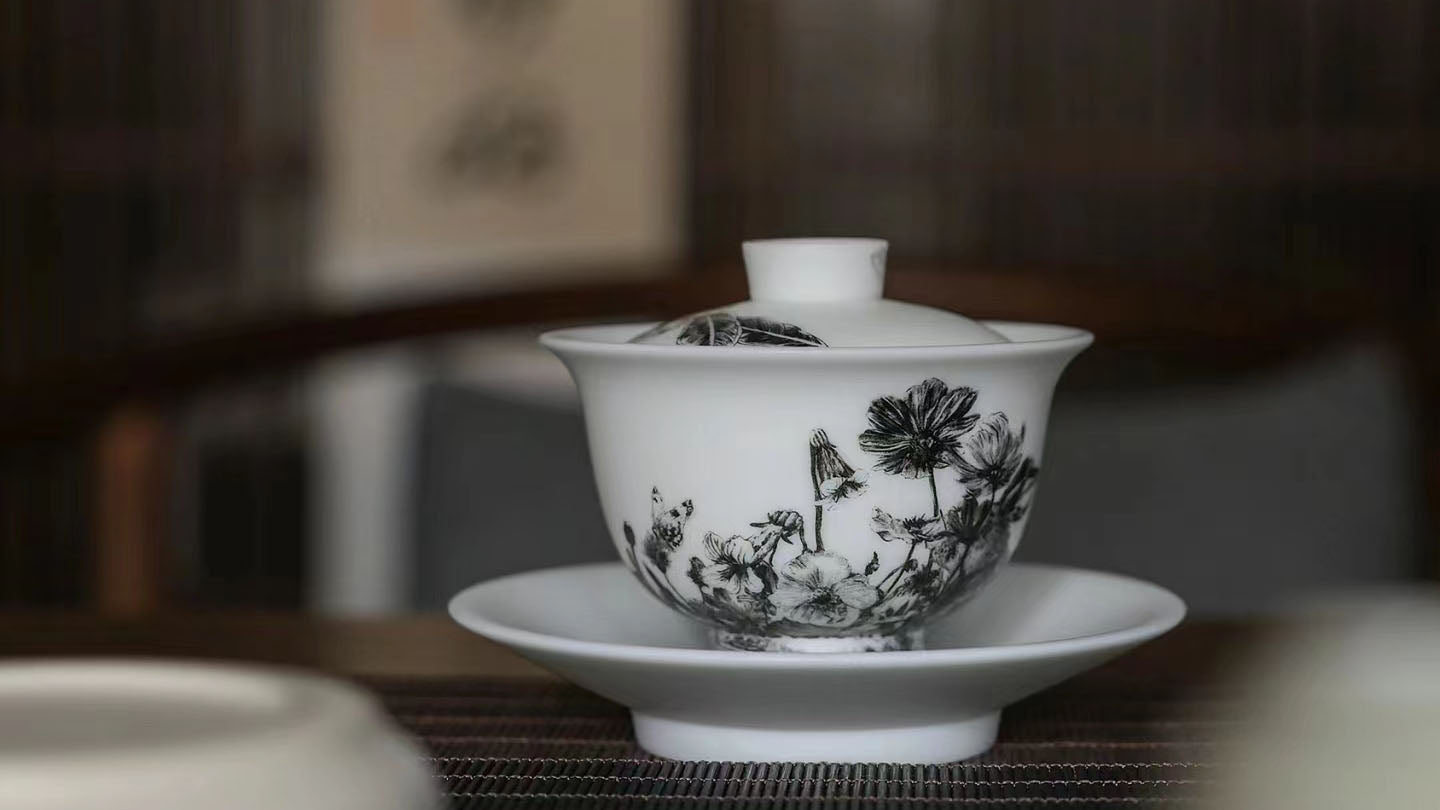
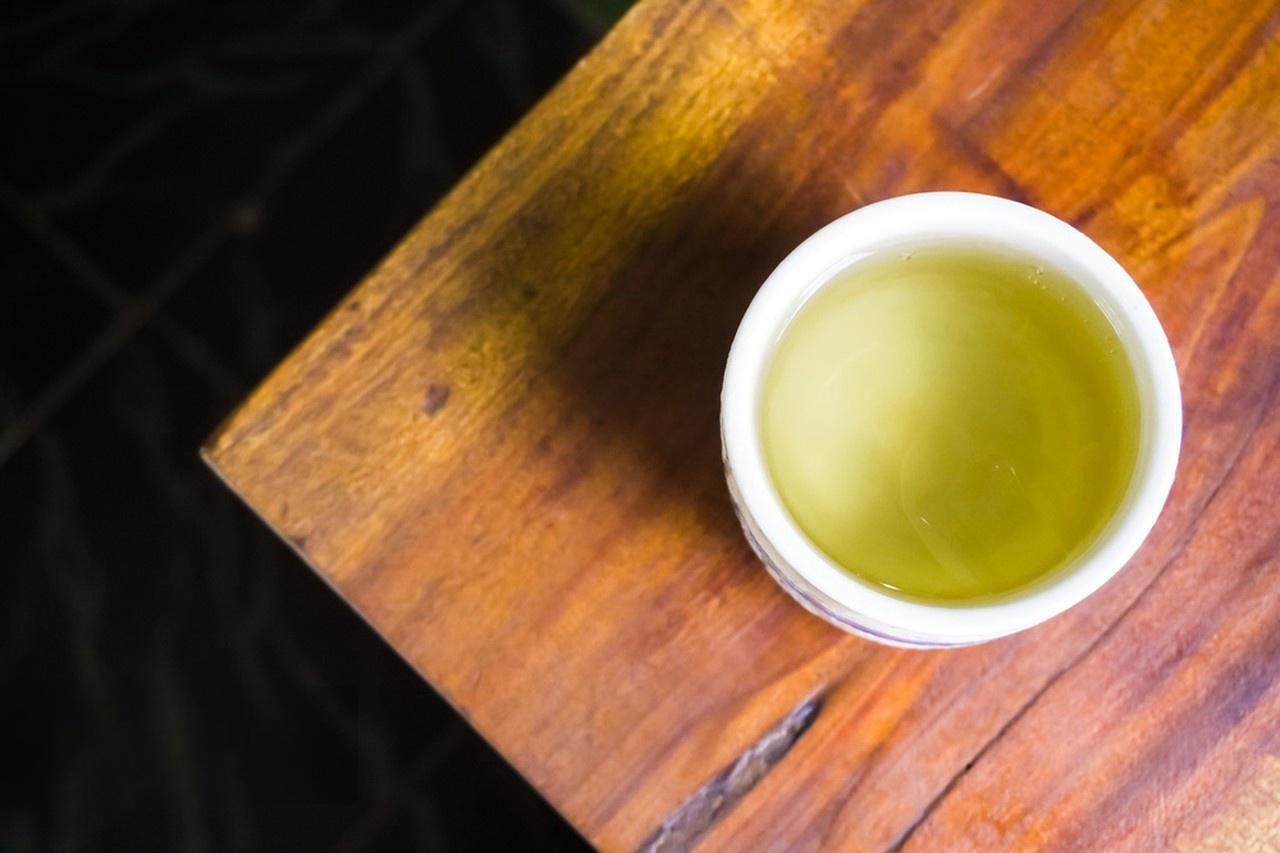
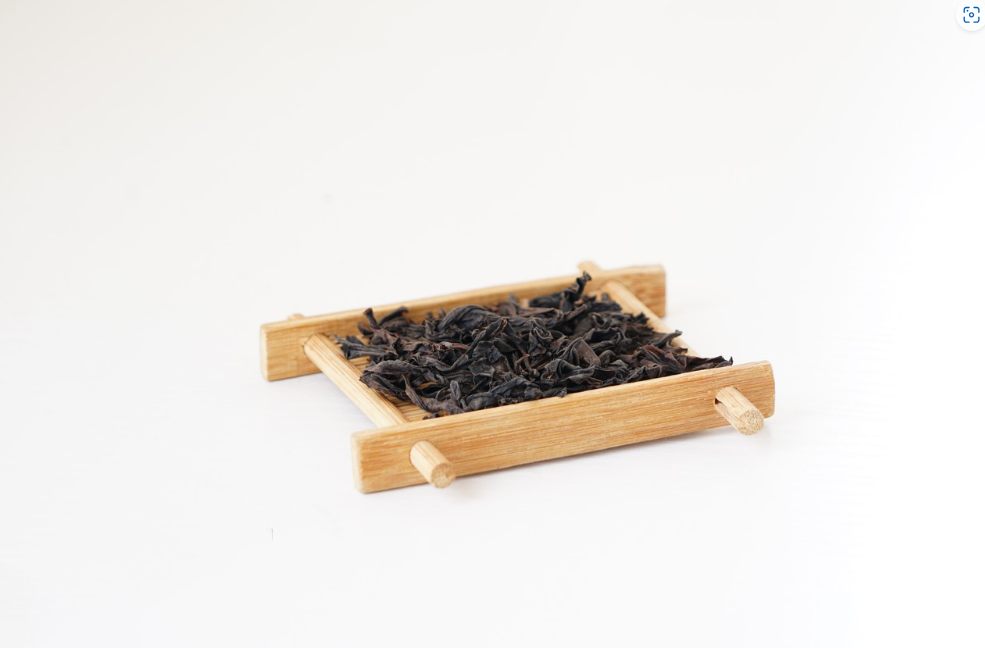
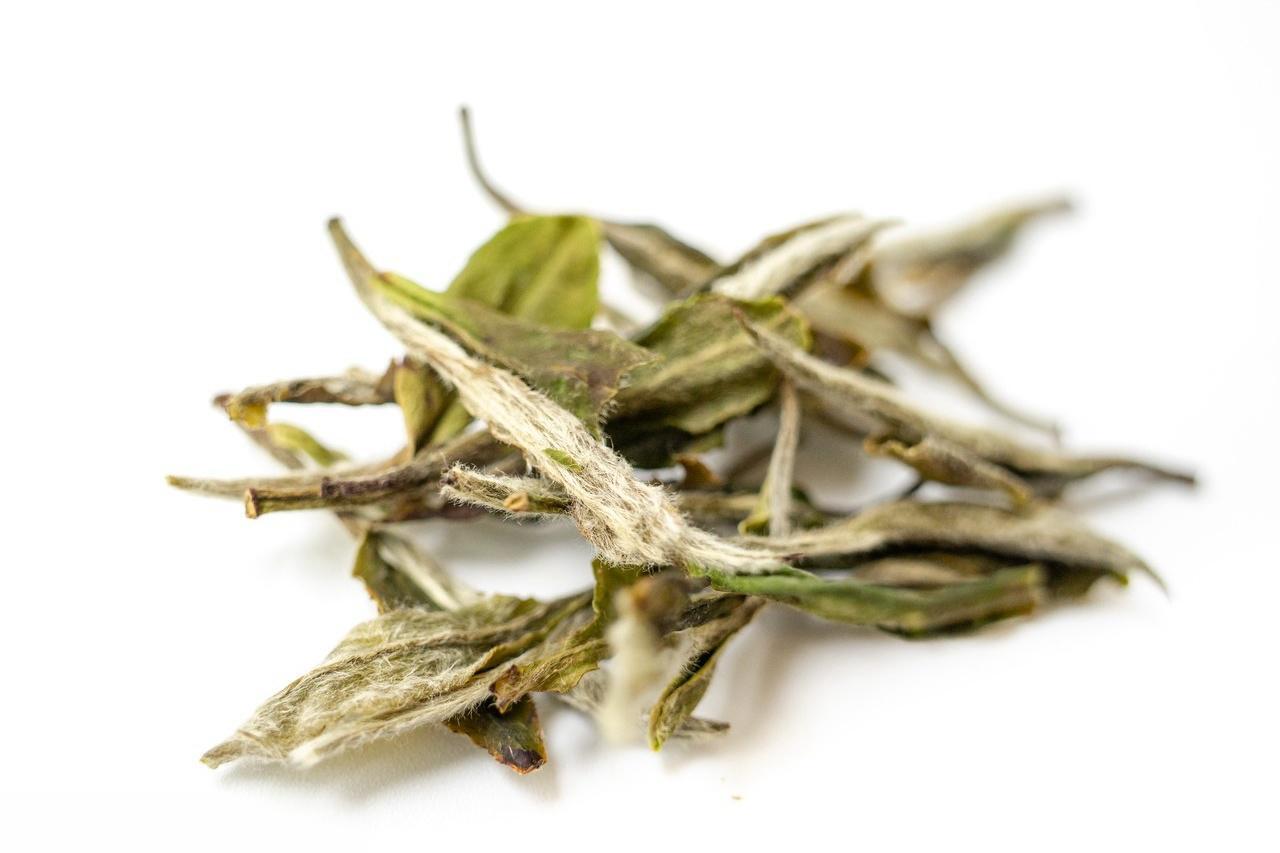
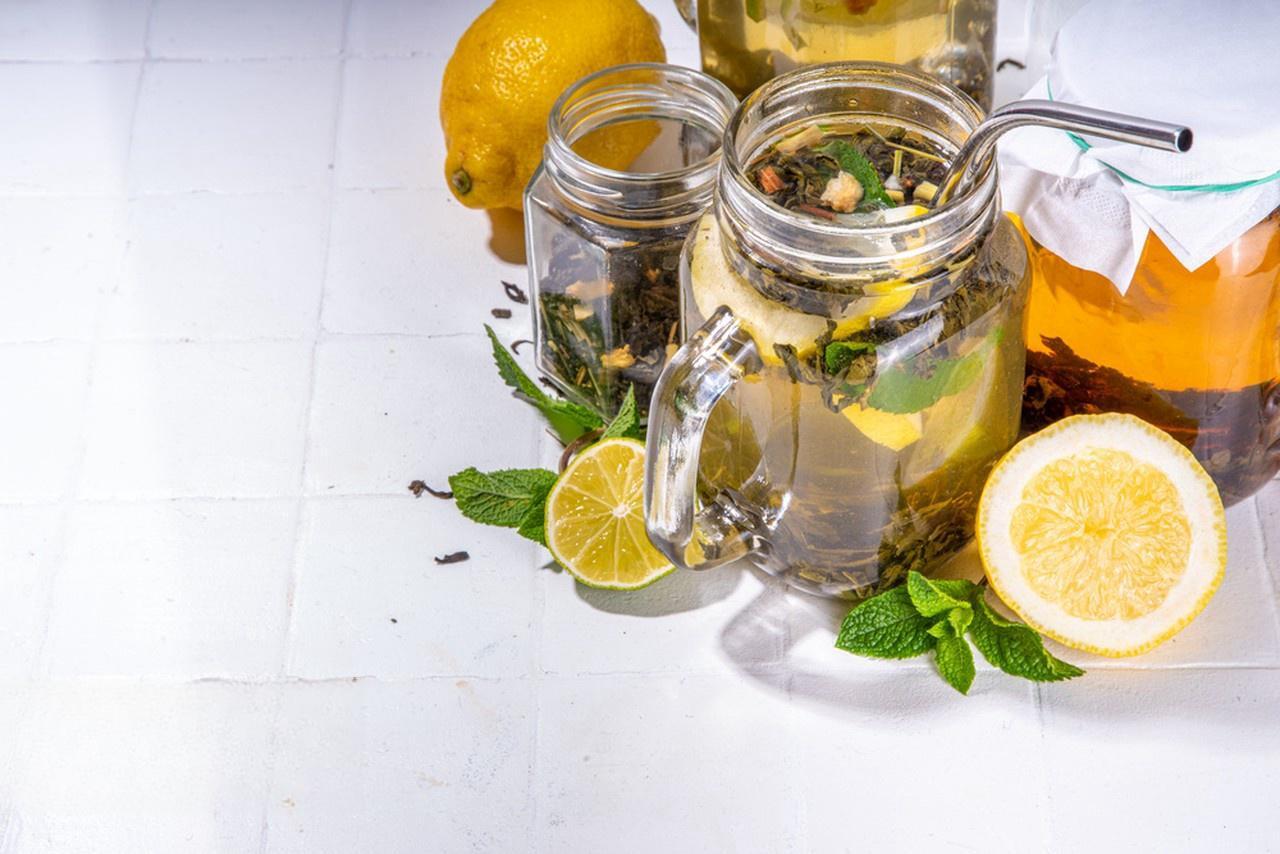
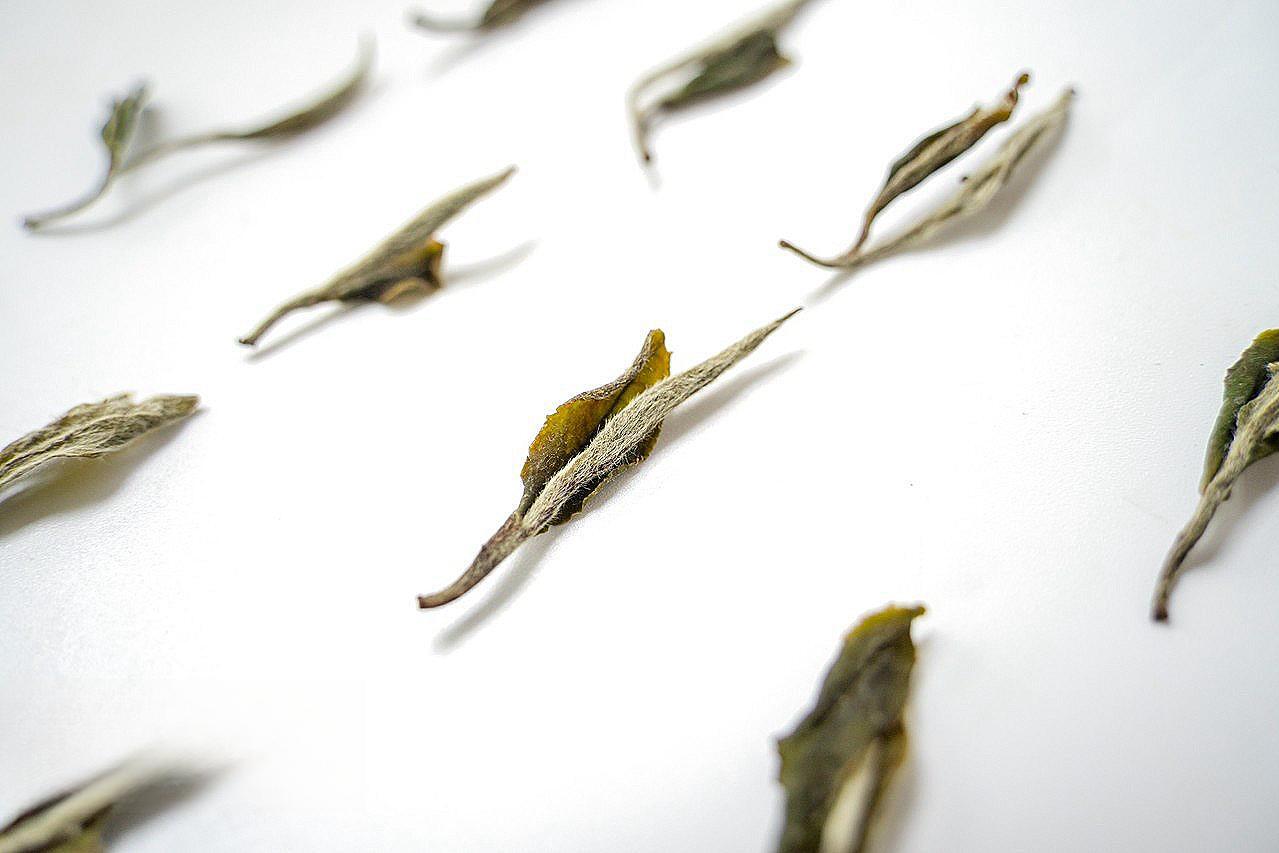
Leave a comment
All comments are moderated before being published.
This site is protected by hCaptcha and the hCaptcha Privacy Policy and Terms of Service apply.